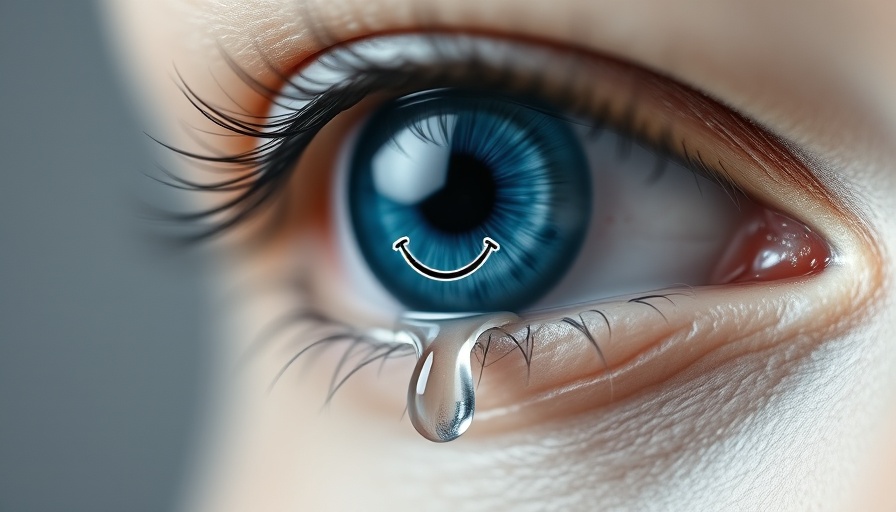
Understanding Smiling Depression: A Deceptive Mask
Smiling depression is a term that resonates with many, particularly among high-performing individuals who feel the daily pressures of displaying a cheerful demeanor despite inner turmoil. It embodies the paradox of those who present a friendly face while battling profound sadness internally. This common yet often unrecognized form of depression can affect anyone but may be particularly prominent among women, who are socially conditioned to appear pleasant and agreeable at all times.
The Hidden Cost of High-Functioning Mental Illness
High-functioning depression allows individuals to maintain a semblance of normality in their daily lives. They might excel at work, engage in social events, and keep up with responsibilities despite experiencing a profound sense of fatigue and low mood. However, as they navigate life with this duality, they often find themselves exhausting their emotional reserves. When the day is done, they collapse onto the couch, their energy depleted, lost in thoughts of despair. The journey becomes a continuous cycle of mask-wearing during the day and self-care or deterioration at night.
Why Smiling Can Be Counterproductive
Putting on a smile can sometimes amplify feelings of sadness and isolation. Individuals with smiling depression may feel trapped in a web of disingenuousness, creating a painful disconnect between how they are perceived and how they truly feel. This psychological dissonance can lead to increased emotional distress, making it harder to reach out for help or to engage in open conversations about one’s feelings. Instead of authentic connection, they often end up fostering environments where they feel invisible, even among friends and family.
Breaking the Silence: Importance of Awareness
Awareness of smiling depression is essential not only for those who suffer from it but also for friends and family members. Understanding that a cheerful demeanor does not always indicate emotional wellness can foster a more compassionate approach to mental health. Active listening, open-ended questions, and simply checking in with loved ones can make a significant difference. Encouraging open dialogues about mental health contributes to reducing the stigma surrounding depression and mental illness.
Encouraging Real Connections: Building Support Systems
Creating a support system is vital for managing high-functioning depression. Positive social gestures, like initiating heartfelt conversations and offering genuine concern, can aid in fostering an environment where individuals feel comfortable expressing their emotions. Everyone should have safe spaces to discuss mental health openly, whether through scheduled family talks or peer support groups tailored to those experiencing similar struggles.
Taking Action: Practical Tips for Management
For those grappling with smiling depression, taking proactive steps toward healing is crucial. Here are some strategies:
- Journaling: Writing down thoughts and feelings can help in processing emotions and understanding patterns.
- Mindfulness and Meditation: Incorporating mindfulness practices can foster a greater sense of awareness and calmness.
- Setting Boundaries: Learn to say no and prioritize self-care, allocating time for personal rest and relaxation.
The Path to Healing: Seeking Professional Help
While these tips can provide some relief, seeking help from a mental health professional can be an essential step in addressing mental health concerns. Therapy can equip individuals with tools and techniques to cope with high-functioning depression effectively, leading to a more fulfilling life. Remember, it’s unfitting to face this alone, and reaching out for support can be a strong, courageous step towards recovery.
To those facing the challenge of smiling through the pain of depression, know that you are not alone. Engage with your emotions, speak out about your struggles, and foster connections that uphold your mental health. The journey may be challenging, but taking small steps can gradually lead to a healthier state of mind.
 Add Row
Add Row  Add
Add 




Write A Comment